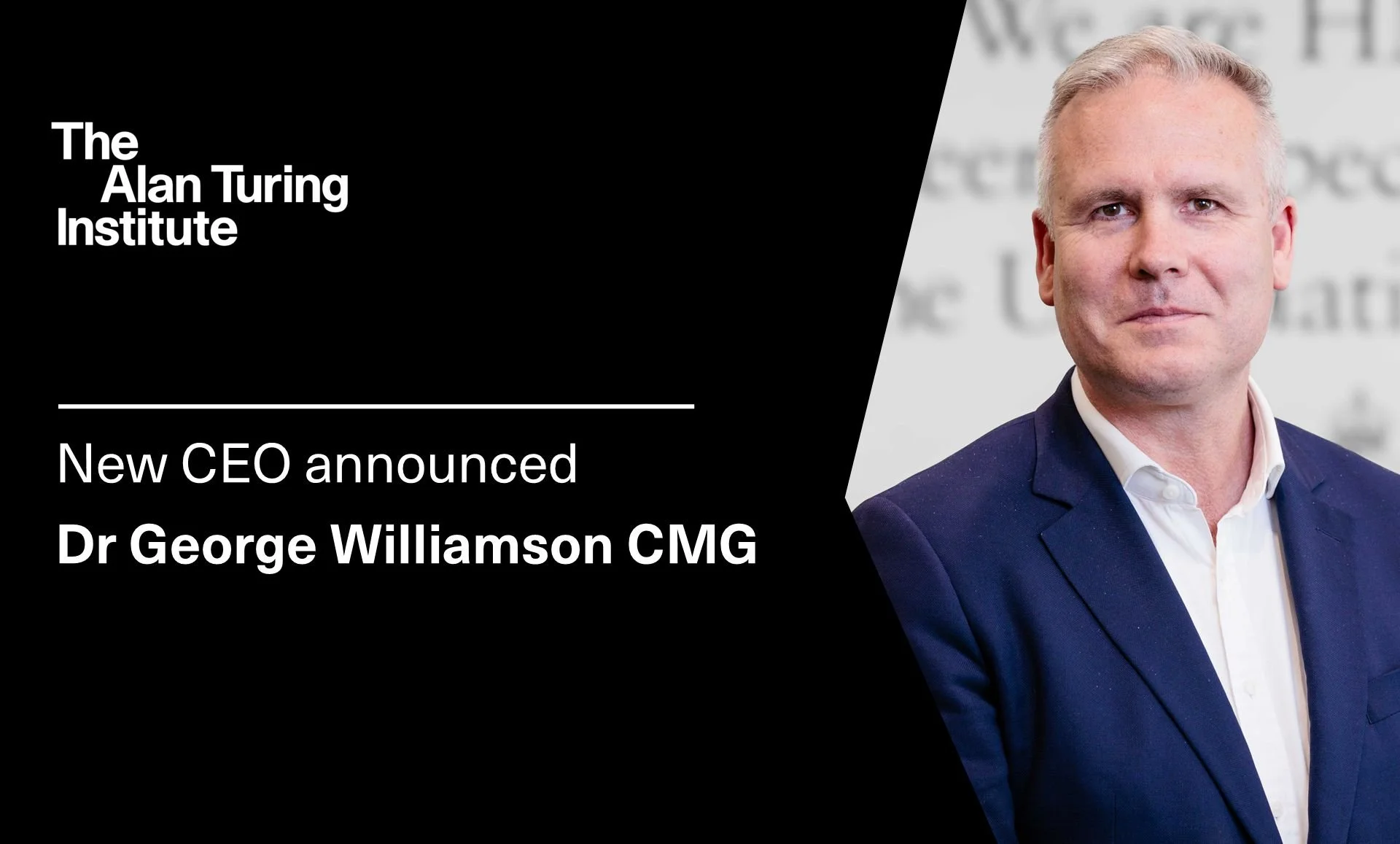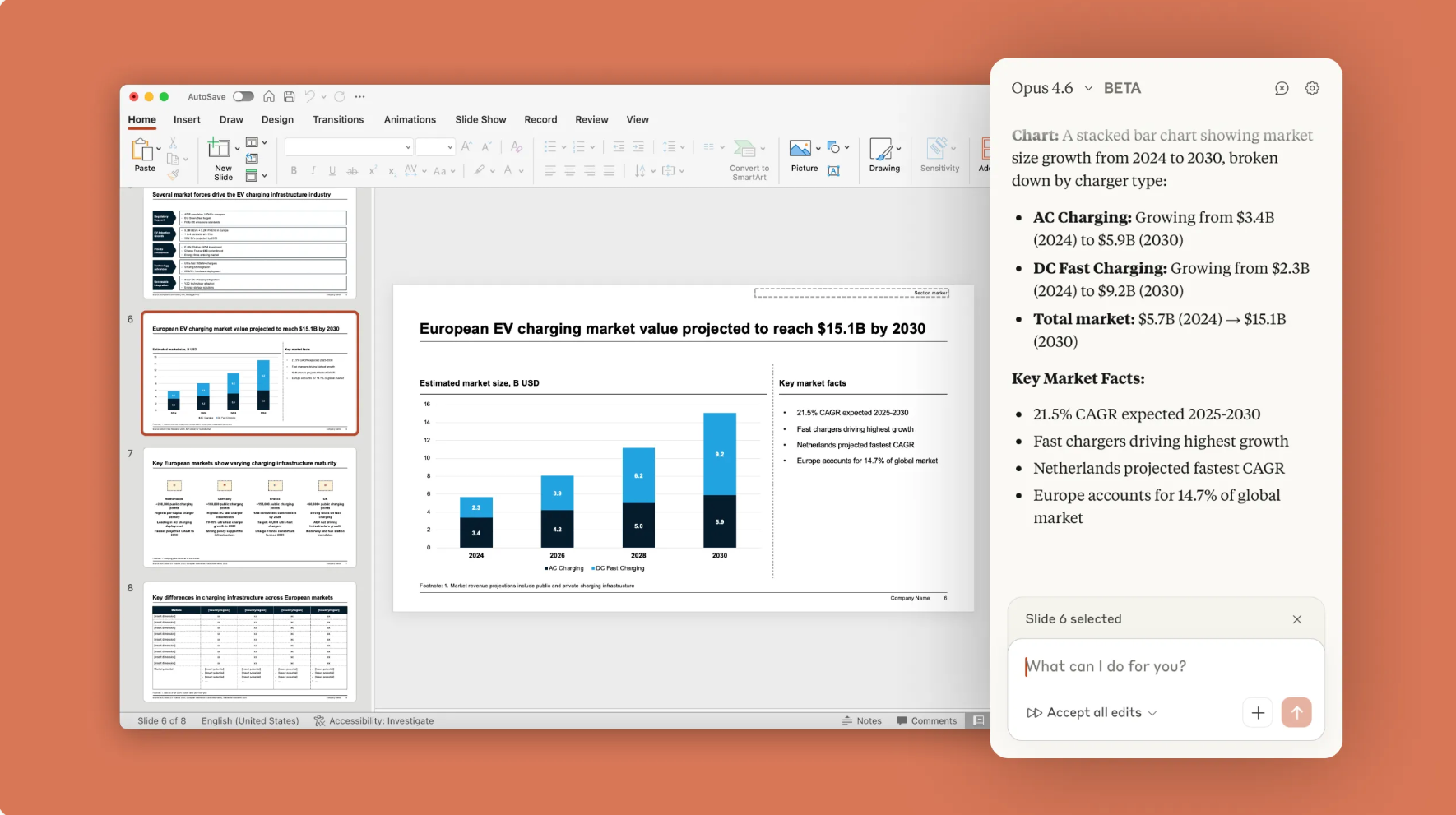Ed.D. vs. Ph.D.: Which doctoral path in education and leadership should you choose?
If you’re thinking about getting a doctorate in education, it's a step that shows you're serious about becoming an expert and moving up in your field. Once you decide to go for it, your choice usually comes down to two main options: the Ed.D. (Doctor of Education) and the Ph.D. in Education (Doctor of Philosophy).
While both professions demand intense, top-level research, they have different philosophies, focus on different factors in their courses, and prepare you for varying career paths.
What Is an Ed.D.?
The Doctor of Education is a professional doctorate. It is designed for experienced educational practitioners like teachers, administrators, and policy specialists who aspire to high-level leadership roles and are focused on solving complex, real-world problems within their institutions.
Focus and Philosophy
The Ed.D. is an applied degree with a central philosophy to equip leaders with the advanced knowledge and research skills necessary to directly impact and improve organizational practice. An Ed.D. candidate typically begins with a "problem of practice" already identified in their professional setting and uses their doctoral studies to develop, test, and implement an actionable solution. The focus is not on generating new, abstract theory, but on skillfully applying existing theory and research to drive organizational change.
Program Structure and Culmination
Ed.D. programs are often structured to accommodate the schedules of working professionals. Many institutions offer flexible, part-time, or executive cohort models. The average time to completion is generally shorter than a Ph.D., often ranging from three to four years.
A key differentiator lies in the culminating project. While a traditional research dissertation is sometimes an option, many Ed.D. programs utilize an applied dissertation or capstone project. This project is a practical, data-driven solution to the organizational problem of practice, such as designing a new K-12 curriculum, evaluating a college's student success initiative, or implementing a new district-wide policy. The focus is on impact and implementation over pure theoretical contributions.
For the busy professional ready to rapidly advance their career, options like a 2-year online Ed.D. program can provide an accelerated route to acquiring essential leadership competencies while maintaining existing career commitments.
Career Trajectory
Graduates with an Ed.D. are primed for executive and administrative leadership roles. Common career paths include:
K-12 and District Leadership: School Principal, Superintendent, Chief Academic Officer, Curriculum Director.
Higher Education Administration: Academic Dean, Provost, Director of Student Affairs, College President.
Nonprofit and Corporate Sectors: Educational Consultant, Training and Development Manager, Chief Learning Officer.
What is The Ph.D.?
The Doctor of Philosophy (Ph.D.) in Education is an academic degree. It is primarily designed to cultivate scholars and researchers who seek to expand the theoretical knowledge base of the field through original research.
Focus and Philosophy
The Ph.D. is a theory-centric degree. Its core mission is the development of a student's capacity to conduct original, sophisticated research that contributes genuinely new knowledge to the discipline of education.
Ph.D. students immerse themselves in theoretical frameworks, advanced research methodologies both qualitative and quantitative, and statistical analysis. The program trains students to be thought leaders who critique existing literature, identify gaps in scholarship, and generate groundbreaking ideas.
Program Structure and Culmination
Ph.D. programs typically require a full-time, intensive commitment and involve a greater emphasis on advanced, theoretical coursework and research methodology seminars. The traditional time to completion is four to seven years.
Ph.D. students often receive funding through research or teaching assistantships, which allows them to fully dedicate themselves to their studies and act as research apprentices to faculty members.
The culminating project is a traditional dissertation. This extensive, independently conducted research study must be an original and theoretical contribution to the academic literature, advancing the fundamental understanding of a specific educational phenomenon.
Career Trajectory
A Ph.D. in Education is the standard credential for those aspiring to careers in academia and research. Common career paths include:
University faculty: Tenure-track Professor (teaching and research focus), Post-secondary Instructor, Research Scholar.
Research and policy: Policy Analyst for government or think tanks, Educational Researcher at a non-profit or specialized institute, Data Scientist in educational technology.
Endnote
The final decision between an Ed.D. and a Ph.D. needs to align perfectly with your personal and professional goals. My best advice is this: research the specific program curricula intensely before enrolling, because institutions often overlap the coursework for these two degrees.
Don't skip the step of consulting with alumni and current faculty from both tracks. Your long-term success isn't achieved just by earning the degree, but by carefully selecting the path that will truly empower your specific ambitions in education and leadership.





















